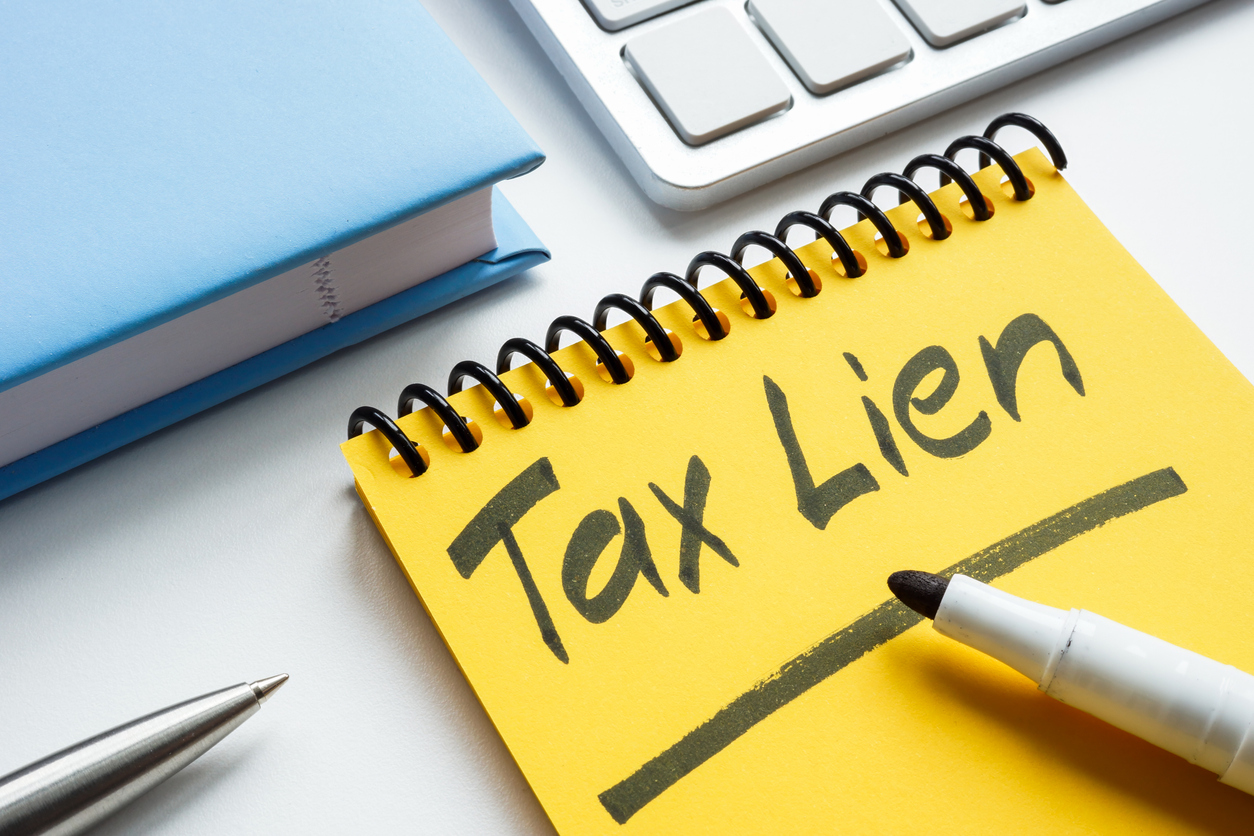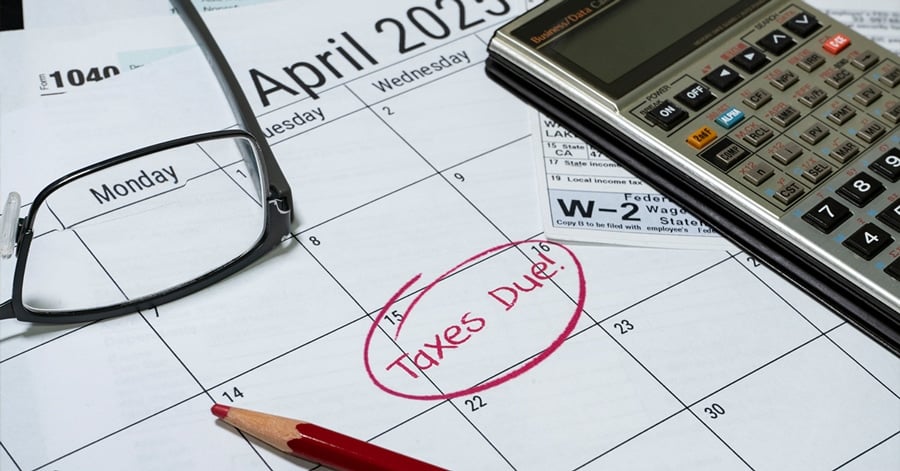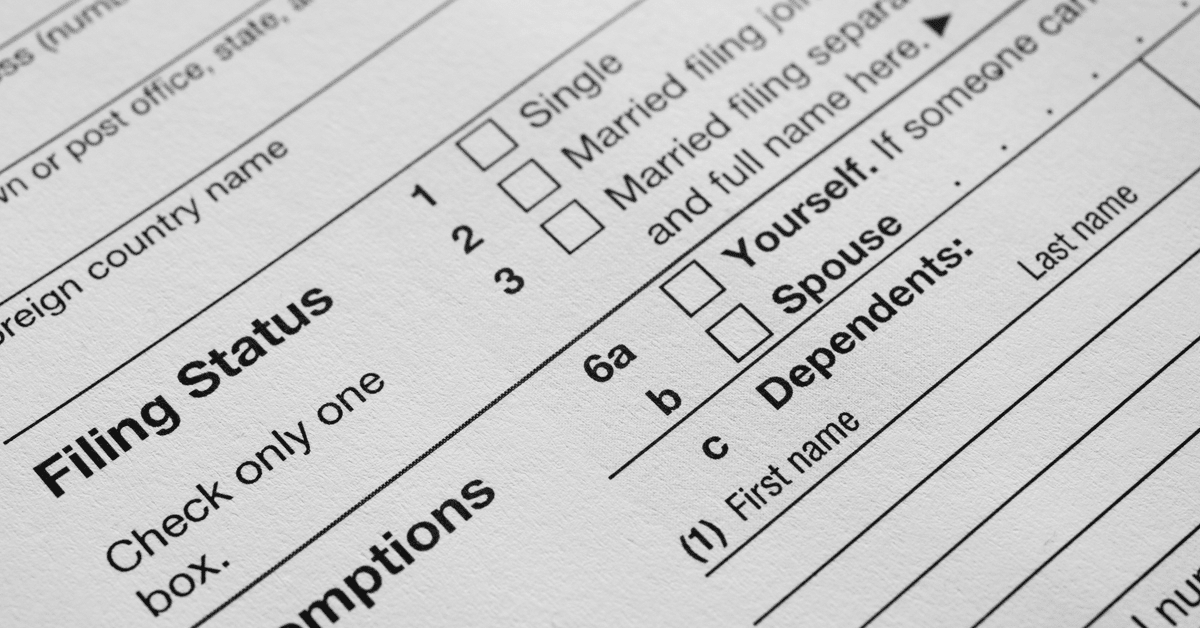
A tax lien can be a massive financial obstacle for individuals and property owners. It is crucial to understand what a tax lien is and how it impacts your financial standing. A tax lien is a legal claim by the government against your property when you fail to pay a tax debt, affecting your ability to sell or refinance your property. Tax lien certificates are issued when property owners fail to pay their taxes and are auctioned off to investors through auctions.
This guide will walk you through the essential information about tax liens, how to determine if you have one, and the steps to take if you are facing a lien. We’ll even provide tips on preventing future tax liens. At Lothamer Tax Resolution, we help you navigate these complex issues and find practical solutions. A clear understanding of a tax lien and addressing it quickly can stop the problem from worsening rapidly. Let’s get into it.
Introduction to Tax Liens
A tax lien is a legal claim imposed on a property to secure the payment of taxes owed to the government. When taxpayers fail to pay their taxes, the government can place a tax lien on their property, including real or personal property, such as a house, car, or business assets. The lien secures the government’s interest in the property and notifies creditors of the debt. Tax liens can be imposed for unpaid income, property, or other types of taxes. Property owners need to understand the concept of tax liens and how they can affect their properties.
Understanding Tax Liens
Tax liens are a critical aspect of tax law that can significantly impact your financial health. Essentially, a tax lien is a legal claim by the government against your property due to unpaid taxes. This claim can affect various properties, including real estate, personal property, financial assets, and business property. When you owe taxes and fail to pay, the IRS or state tax authority can place a lien on your assets, ensuring they have a legal right to your property until the debt is settled. Tax liens precede other creditors’ claims, meaning the government’s interest in your property is prioritized above other debts.
Understanding the nature of tax liens is crucial for property owners and businesses. They serve as a security for the taxes owed and have far-reaching implications on your ability to manage and dispose of your property. Whether it’s a federal tax lien, state tax lien, or property tax lien, each type has its own set of rules and consequences that you must be aware of. Creditors, including the government, can assert claims on your assets, and the timing of these claims can affect their priority over other liens.
A Closer Look At Tax Liens
In short, a tax lien is a claim by the government legally placed against your property due to unpaid tax debts. When you owe taxes and fail to pay, the IRS or state tax authority can put a lien on your assets, including real estate, personal property, and financial accounts. Tax liens can also be attached to accounts receivable. This lien attaches as a security for the tax debt, giving the government a legal right to your property until the debt is satisfied.
There are several tax liens, including local, state, and federal. On the other hand, a tax lien certificate is a document issued by the government when a property owner fails to pay their taxes. Investors can purchase these certificates at a tax lien auction, effectively paying the delinquent taxes on behalf of the property owner. These certificates can be sold at auctions. Tax lien investing involves purchasing tax lien certificates and can be a way to earn interest on the amount paid. The investor then earns interest on the amount paid, and if the owner fails to repay the debt, the investor may ultimately foreclose on the property. Tax debts can persist even after bankruptcy proceedings.
Find Out If You Have a Federal Tax Lien
I want you to know that learning about tax liens on your property is essential for fixing the issue before the sale or purchase and before penalties become worse. Handling and resolving your tax bill promptly is crucial to avoid serious financial consequences, including tax liens. There is no single source for lien information, but here are some good starting points for your investigation.
- Public Records: Tax liens are public records; you can search for them through your local county recorder or clerk’s office. Many counties offer online databases where you can search by your name or property address to see if any liens are filed against you. A Notice of Federal Tax Lien is a public notice to other creditors about the IRS’s claim on your property.
- Tax Authorities: The IRS and state tax authorities maintain records of tax liens. Please don’t hesitate to contact the IRS directly to ask about any federal tax liens. Similarly, state tax departments can provide information on state tax liens. Please be sure to provide your personal information and details about your property.
- Use Online Resources: Several websites offer services to check for tax liens. These services aggregate public records and can provide a comprehensive report on any liens filed against you. While some services may charge a fee, they can save time and provide detailed information.
- Check Your Credit Report: Tax liens can appear on your credit report and affect your credit score. Request a copy of your credit report from the major credit bureaus (Equifax, Experian, and TransUnion) to see if any liens are listed.
- Consult a Tax Professional: If you are unsure about the status of a tax lien or need assistance in checking for liens, a tax professional or professional can provide guidance and support. They can also help interpret the information and advise on the next steps.
How Tax Liens Affect Your Credit and Business
A tax lien can have a profound impact on both your credit score and your business operations. Once a tax lien is filed, it becomes a public record and is often reported to credit reporting agencies. This can lead to a significant drop in your credit score, making it more challenging to obtain loans, credit cards, or other forms of credit. A tax lien on your credit report signals to lenders that you are a higher risk, which can result in higher interest rates or even denial of credit. Additionally, a lien affects your financial status by securing the creditor’s interest in your property, which can further complicate your ability to sell assets or obtain new credit.
For businesses, the repercussions can be even more severe. A tax lien can tarnish your business’s reputation, affecting relationships with vendors, customers, and partners. The government’s interest in securing tax debts ensures that their claim takes precedence over other creditors, which can complicate financial dealings and limit your ability to access capital. It can limit your ability to access capital, secure loans, or even sell your business. In some cases, the increased costs associated with higher interest rates and fees can strain your financial resources, potentially leading to the loss of assets or property if the tax debt remains unpaid.
Types of Tax Liens
Tax liens come in various forms, each with specific implications: The Internal Revenue Code outlines federal tax liens’ provisions.
- Federal Tax Lien: This is a legal claim by the IRS against a taxpayer’s property due to unpaid federal taxes. It can affect all property types, including real estate, personal property, and financial assets. A federal tax lien ensures the government has a legal right to your property until the tax debt is fully paid.
- State Tax Lien: Similar to a federal tax lien, a state tax lien is a legal claim by a state revenue agency against a taxpayer’s property for unpaid state taxes. This lien can also affect various property types and remains in place until the state tax debt is settled.
- Property Tax Lien: This type of lien is filed by local governments when property taxes are neglected or unpaid. It specifically targets the property in question and affects the owner’s ability to sell or refinance it until the owed taxes are paid in full.
Steps to Take If You’re Facing a Tax Debt
If you face a tax lien, you must act fast to minimize the potential adverse effects on you and your assets. First, please get in touch with a tax professional like Lothamer Tax Resolution, who can guide you through the process and negotiate with tax authorities. In some cases, this can be the make-or-break factor for your case.
Paying property taxes on time and ensuring you pay taxes owed is crucial to avoiding the severe consequences of a tax lien, including potential foreclosure.
Next, you’ll need a detailed account of your tax debt from the IRS or state tax authority. Fully paying the tax owed is one way to release a tax lien. I would like to let you know that understanding the amount owed and any accrued penalties or interest is essential for resolving the lien. If you can’t pay all at once, most situations will allow the IRS and state authorities to offer payment plans. This can prevent additional action while you settle your debt.
Another option if you can’t pay all at once is called an Offer in Compromise, which allows you to settle your taxes for less than you owe. This option requires a detailed financial breakdown and approval from the governing tax authority.
Finally, if you believe the lien was ultimately issued in error, you can file an appeal with the IRS or state tax authority. A tax professional can also assist with preparing and submitting the necessary documentation for this process.
Tax Lien vs. Tax Levy
While tax liens and tax levies are related, they are distinct actions with different implications:
- Tax Lien: A tax lien is a legal claim against a taxpayer’s property due to unpaid taxes. It serves as a notice to creditors that the government has a right to your property as security for the tax debt. A tax lien is a public record that can be reported to credit reporting agencies, lowering your credit score.
- Tax Levy: A tax levy is a more severe action where the government seizes a taxpayer’s property to satisfy the tax debt. Unlike a tax lien, which is a claim, a tax levy involves the actual taking of property, such as garnishing wages, seizing bank accounts, or taking other assets. The subject of a lien may face property seizure if the tax debt is not addressed. A tax levy can result in immediate property loss and is typically used as a last resort when other collection efforts have failed.
In summary, while a tax lien is a claim against your property, a tax levy is the actual seizure of your property to pay off the taxes owed. Understanding the differences between these two actions is crucial for managing your tax obligations and protecting your assets.
Preventing Future Issues
Preventing future tax liens involves diligent tax practices and compliance with tax obligations. Local governments may initiate a tax lien sale to auction off unpaid property taxes, which can seriously affect property owners. Delinquent tax payments can result in legal implications, including the potential for foreclosure and the need for government intervention.
- File your tax returns on time, even if you cannot pay the total amount owed. Filing on time helps you avoid additional penalties and interest.
- Pay your taxes by the due date to prevent accrual of penalties and interest.
- Regularly review your financial situation to ensure that you have sufficient funds to cover your tax obligations.
- Consult with a tax professional or accountant for complex tax situations or if you anticipate difficulties meeting your tax obligations. Professional advice can help you navigate the tax system and avoid pitfalls.
Impact on Property Owners
A tax lien can significantly impact property owners, limiting their ability to sell or transfer their property. When a tax lien is imposed, it becomes a public record, and creditors are notified of the debt. This can make it difficult for property owners to obtain credit or loans, as lenders may be hesitant to lend to someone with a tax lien on their property. Additionally, a tax lien can affect a property owner’s credit score, making it harder to purchase or refinance a property in the future. Property owners struggling to pay their taxes should seek help from the Internal Revenue Service (IRS) or a tax professional to avoid having a tax lien imposed on their property.
Tax Lien Process
The tax lien process typically begins when taxpayers fail to pay their taxes. The government will notify the taxpayer, demanding payment of the taxes owed. If the taxpayer fails to respond or pay the taxes, the government can impose a tax lien on their property. The lien will be recorded in the public records, and the taxpayer will be notified. The taxpayer can then try to negotiate a payment plan or pay the taxes in full to have the lien released. If the taxpayer cannot pay the taxes, the government can sell the property at a tax lien sale to collect the debt. The tax lien process can be complex, and property owners should seek professional help if they face a tax lien.
Unpaid Taxes
Unpaid taxes can lead to a tax lien being imposed on a property. When a taxpayer fails to pay their taxes, the government can place a lien on their property to secure the payment of the taxes owed. The lien will remain in place until the taxes are paid in full or a payment plan is established. Property owners struggling to pay their taxes should contact the IRS or a tax professional to discuss their options. They may be eligible for a payment plan or other assistance to help them pay their taxes and avoid imposing a tax lien on their property. Property owners must promptly address unpaid taxes to avoid a tax lien’s consequences.
Navigating Tax Liens with Lothamer
At Lothamer Tax Resolution, we are dedicated to helping you navigate the complexities of tax liens, providing expert guidance and practical solutions. We specialize in managing and resolving tax liability issues, ensuring that the amount you owe to the IRS is handled efficiently to prevent liens and levies. Whether you need assistance with resolving a current tax lien, setting up a payment plan, or avoiding future issues, our team is here to support you every step. Trust Lothamer to help you achieve financial stability and peace of mind.
Let Lothamer Be Your Tax Lien Expert
Our experienced team is ready to provide the support and expertise you need to resolve your tax problems effectively. Don’t let tax liens disrupt your financial stability when we can provide reliable, comprehensive tax resolution services. Utilizing original research, white papers, and government data ensures our tax information’s accuracy and reliability. The National Tax Lien Association offers valuable resources and certifications for tax lien investors, ensuring compliance and knowledge in the industry. Contact us here, or call us at 877-955-9020 to schedule your consultation.
"*" indicates required fields




